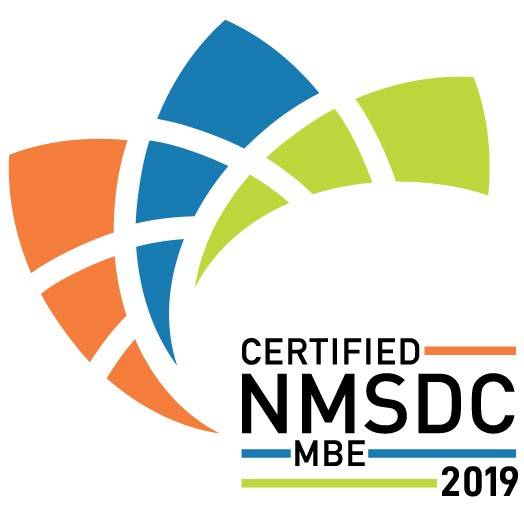When patients go to a medical appointment, the doctor isn’t the only person they see. In fact, their very first point of contact is typically the medical office receptionist.
Essentially the gatekeeper of the practice, this professional plays a huge part in ensuring a positive and seamless patient experience. If this is a career path you’re thinking about pursuing, you’ll need to have a kind and empathetic disposition, along with a keen sense of organization — among many other skills.
Here’s a look at the crucial role a medical office receptionist plays in a healthcare setting.
Makes Patients Feel Welcome
As noted above, the medical office receptionist is typically the first person patients speak with at the practice. Whether connecting by phone or visiting the office in person, they’re responsible for greeting patients and making them feel comfortable. This is important, because first impressions mean a lot. If the receptionist is curt, impatient or otherwise unkind, it’s very possible patients will decide to see another provider.
Provides Easy Scheduling
In most cases, the medical office receptionist is in charge of scheduling. It’s important for this process to be easy as possible, as no one wants to jump through hoops for a doctor appointment. Some patients will be looking for appointments as quickly as possible, while others will want to schedule farther into the future. Either way, they want to feel like the person scheduling their appointment cares about accommodating them to the best of their ability.
Helps Keep Appointments on Schedule
No one enjoys making a doctor appointment at a certain time, but having to wait significantly longer to actually be seen. While the medical office receptionist can’t change the doctor’s pace, they can take note of patient wait times. If they notice people are typically forced to wait a notable amount of time, they can make scheduling suggestions that may improve this issue.
Serves as a Source of Comfort
Some patients will arrive to their appointment feeling anxious or upset. A good medical office receptionist will take note of a patient’s demeanor and try their best to put them at ease. Having compassion is a must with this type of job, because it can make a world of difference to patients.
Maintains Accurate Patient Information
Medical appointments require a lot of information — i.e., insurance details, health history, reason for the visit — so a medical office receptionist needs excellent communication skills. They must also pay close attention to detail, because little things can actually be a matter of life or death in a healthcare setting.
Become a Medical Receptionist
Looking for a new job as a medical receptionist? PrideStaff Las Vegas is here to guide your search. Contact us today to get sta







